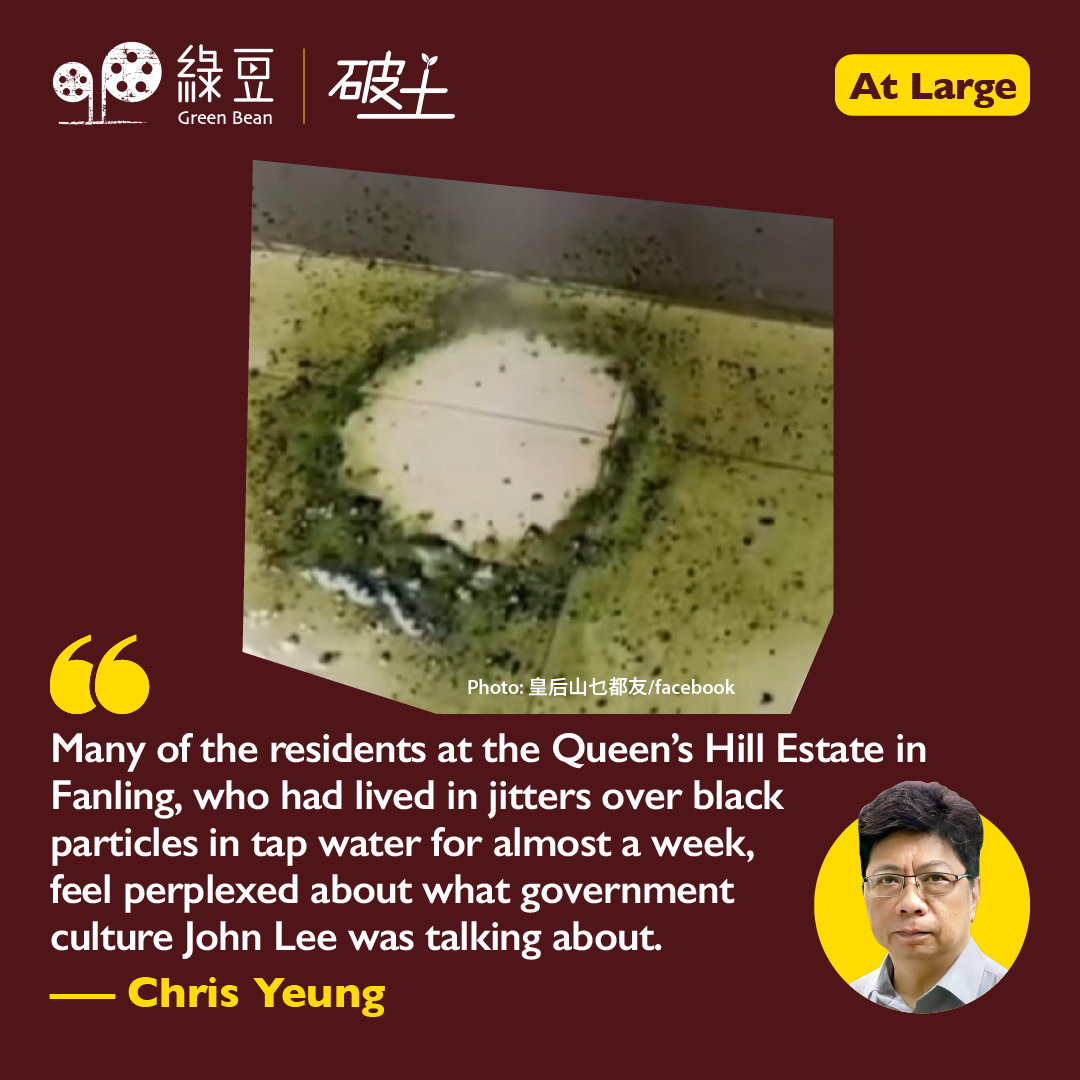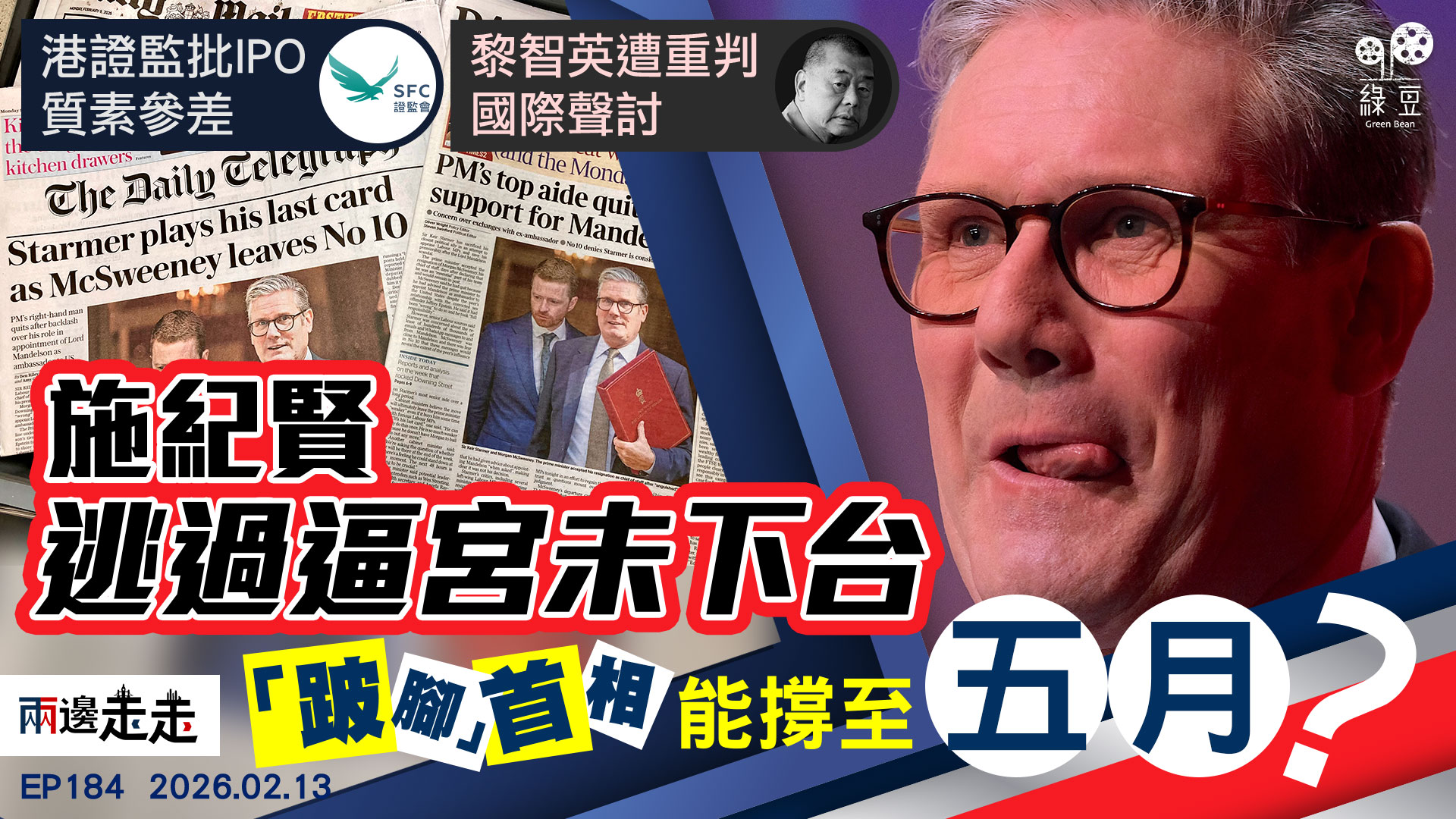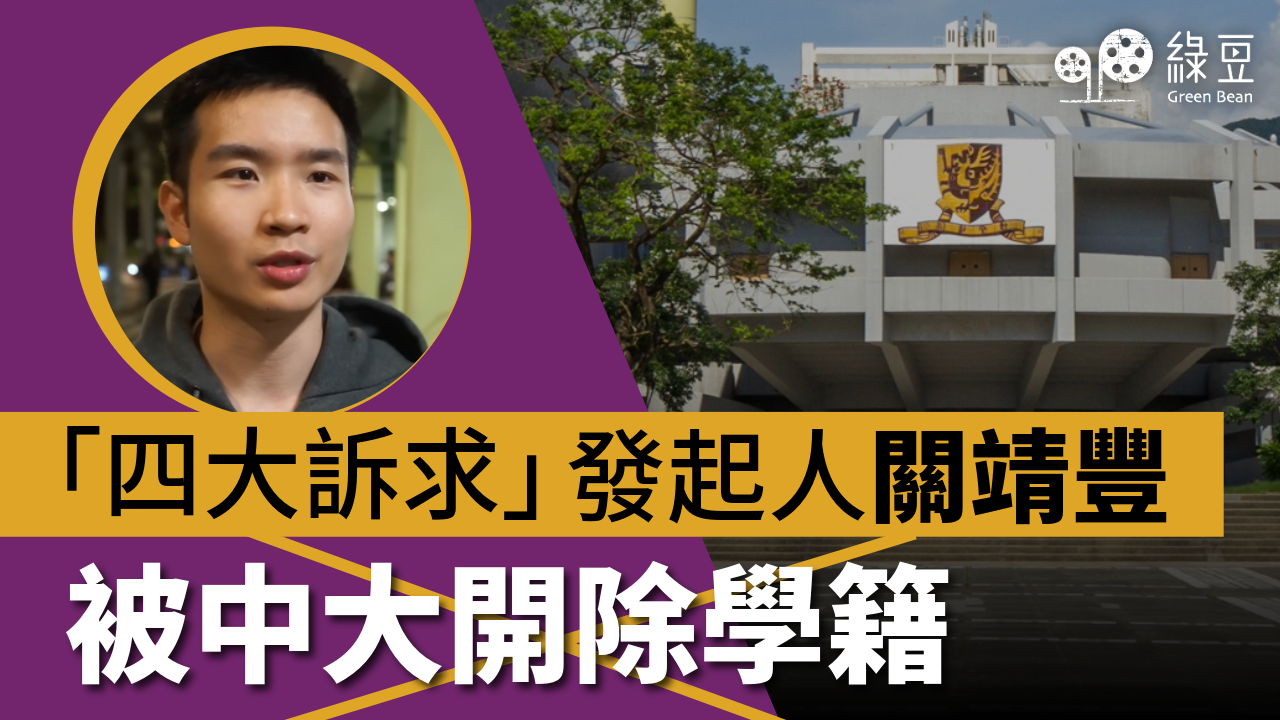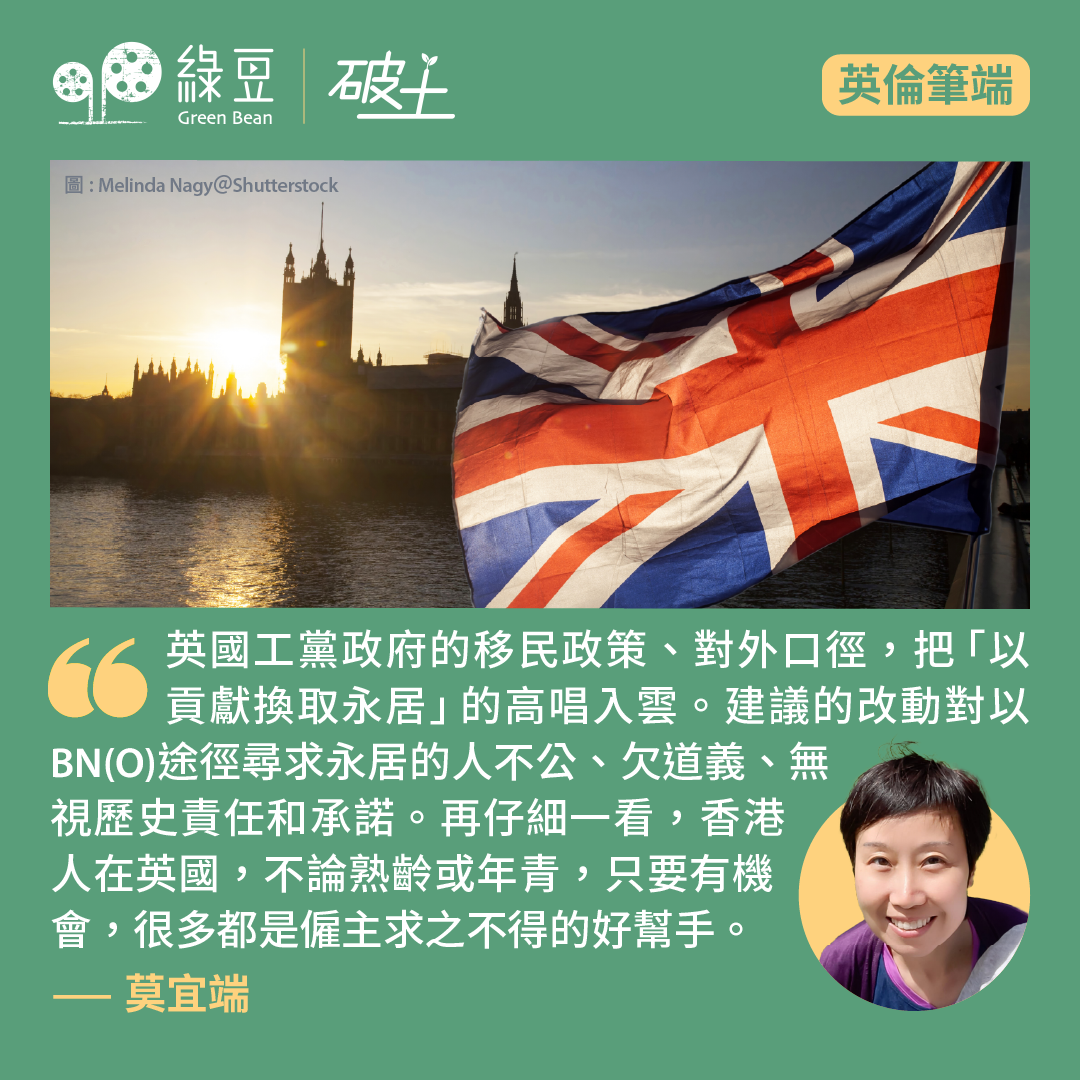Lee takes new move to boost governance, again

In yet another attempt to boost governance, Chief Executive John Lee has revealed the Government plans to establish a “senior-ranking government officials’ responsibility system”.
He said the new initiative is aimed at strengthening the leadership of heads of government departments and senior-ranking civil servants. The new system, he said, will help pin down who should be held responsible for repeated and serious problems, apparently at the department level.
The Government, Lee said, will examine different ways to penalise those who should be blamed for serious governance problems. The penalties include a freeze of pay.
Lee floated the idea in an interview with a handful of media organisations ahead of the third anniversary of his five-year term.
The four expectations
It came about three years after President Xi Jinping expressed a list of “four expectations” in a speech given during his visit to the city in July 2022. Among others, Xi was hoping that Hong Kong should further improve its governance.
Xi said: “To promote the development of the HKSAR, it is of urgency to improve Hong Kong’s governance system, governance capacity, and governance efficacy. The chief executive and the government of the HKSAR in the driver’s seat are the first to be held accountable for the governance of the region.”
The President set out his expectations towards Hong Kong as it ushered a new era in the aftermath of the 2019 social movement, the worst political turbulence since the 1967 Riots, and the Covid-19 pandemic.
Taking the hot seat vacated by Carrie Lam, Lee, who began his public servant career as a police inspector, has pledged to govern under the principle of “results-oriented”, among others.
In his maiden policy address delivered in October 2022, he launched a “key performance indicator (KPI)” system to help improve governance.
Since then, an array of steering committees, task forces and the like, led by top officials, has been set to oversee a range of policies such as land supply and subdivided flats and specific issues including “contaminated water” in a public housing estate in northern Fanling district.
Three years on, the results of Lee governance have been arguably far from shining. Beset by weak Chinese and global economies, the pace of economic recovery has been slow. Major sectors including property and retail have been weak. Closures of restaurants and vacant commercial premises have emerged as an unwelcome feature of the city.
With fiscal reserves depleted by structural deficits, the Government has adopted cuts in expenditures and tax hikes in this year’s Budget, putting more strain on people’s livelihood.
Lee seemingly satisfied with his own performance
According to a regular poll conducted by a research institute at the Chinese University of Hong Kong, the popularity of Lee, his team and the Government has slipped since he took office in July 2022.
The poll, conducted in May, shows public ratings of Lee were 46.1 points out of a total of 100. Last year’s May figure was 49.9. Both are below the pass level of 50. 38.2 percent of respondents were dissatisfied with the performance of the Government, up from last year’s 36.7 percent. A total of 702 people responded.
In a series of interviews last week marking his nearing third anniversary, Lee was seemingly happy and satisfied with his own performance and his ruling team.
He reiterated what he said in his second-anniversary interviews last year that he has successfully changed the culture of the Government, which put emphasis on leadership.
Lee cited as an example his “government-wide mobilisation” mechanism, under which civil servants will be employed to handle emergency work such as flooding. He said in an interview: “It always took probably one to two weeks to clear up areas affected by flooding by using traditional methods. We are more efficient now and able to finish the job in less than two days.”
Too early to tell
Referring to his latest governance-boosting initiative, Lee said he has given instruction to Chief Secretary Eric Chan to speed up formulating a plan to strengthen the management of government departments and the KPI-oriented responsibility system for management-level officials.
Under the present accountability system, all principal officials are appointees named by the Chief Executive and appointed by the Central Government. Two ministers had been removed last year, apparently based on the recommendations of Lee.
Heads of government departments are civil servants governed by the relevant laws and rules. The Chief Executive is empowered to sack, terminate the work or impose disciplinary action on any civil servants if he or she has sufficient grounds.
It is too early to tell how the new responsibility-taking mechanism for senior-ranking civil servants works.
Many of the residents at the Queen’s Hill Estate in Fanling, who had lived in jitters over black particles in tap water for almost a week, feel perplexed about what government culture John Lee was talking about.
Nor do they care about what the new mechanism will be. To them, results speak louder than slogans and gimmicks.
▌ [At Large] About the Author
Chris Yeung is a veteran journalist, a founder and chief writer of the now-disbanded CitizenNews; he now runs a daily news commentary channel on Youtube. He had formerly worked with the South China Morning Post and the Hong Kong Economic Journal.





